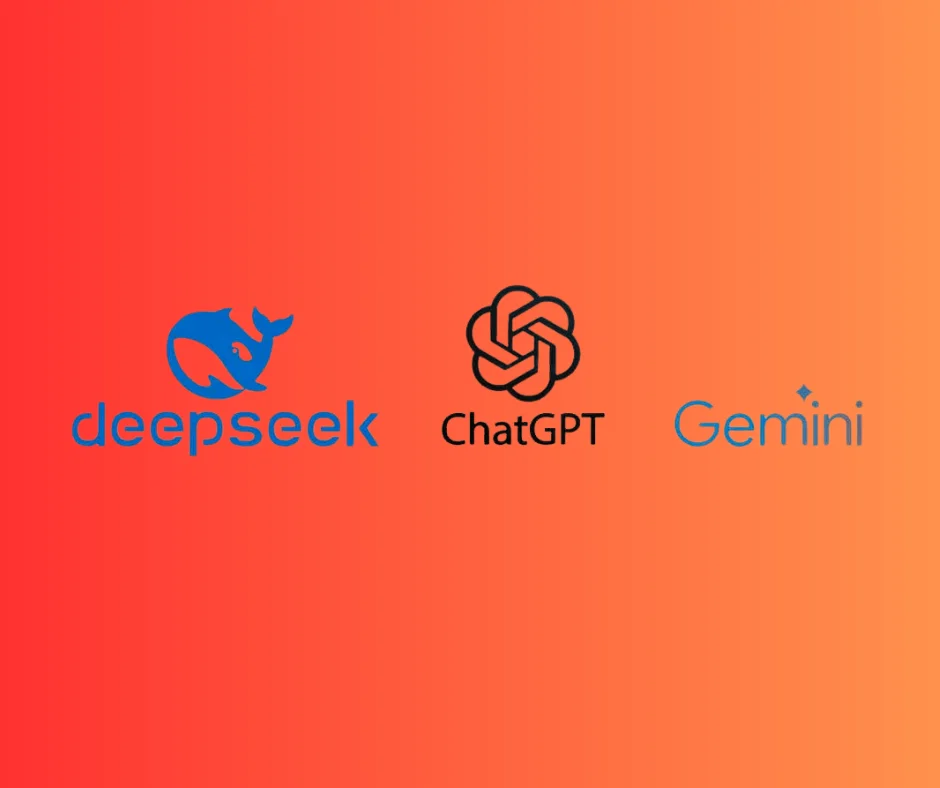In today’s interconnected world, social media has become the beating heart of global communication. It’s a tool that transcends borders, connecting individuals and communities across continents in an instant. Yet, beneath its glossy surface lies a complex landscape of effects that shape our lives profoundly. The Impact on Relationships and Mental Health Social media bridges distances and fosters connections, but it also alters how we interact. It can strengthen friendships, reunite long-lost acquaintances, and amplify voices for social causes. However, the constant exposure to curated lifestyles and relentless comparison can fuel feelings of inadequacy and loneliness. This phenomenon is particularly poignant among younger users, shaping their self-esteem and social behaviors. The Power of Information and Awareness Never before has information been so accessible. Social media platforms serve as arenas for global discourse, enabling rapid dissemination of news, ideas, and movements. They empower grassroots activism, mobilizing communities for change and amplifying voices that challenge the status quo. From political revolutions to environmental campaigns, social media has democratized advocacy and activism, making it a force to be reckoned with in the modern world. The Dark Side: Misinformation and Polarization However, with great power comes great responsibility—or so the saying goes. Social media’s rapid spread of information can also facilitate the spread of misinformation, leading to societal polarization and erosion of trust. Echo chambers form, reinforcing pre-existing beliefs and amplifying divisions. The implications extend beyond politics, affecting public health, science, and societal norms. Taking Action: Navigating the Social Media Landscape In this digital age, understanding the nuanced impacts of social media is crucial. As individuals, we must cultivate digital literacy—questioning sources, verifying information, and critically engaging with content. Empathy and respect should guide our interactions online, fostering meaningful connections rather than shallow comparisons. Building a Responsible Digital Future As leaders and influencers, we bear the responsibility of shaping the digital landscape. We must advocate for platforms that prioritize user well-being, transparency, and ethical practices. Regulatory frameworks should evolve to address emerging challenges, safeguarding privacy, and curbing the spread of harmful content. Conclusion Social media is a double-edged sword—a powerful tool that can unite or divide, empower or undermine. Its effects ripple through society, shaping perceptions, behaviors, and even policy decisions. As we navigate this dynamic landscape, let us harness its potential for positive change while mitigating its pitfalls. Together, we can build a digital world that reflects our values of inclusivity, integrity, and empathy. Let’s embark on this journey with awareness, empathy, and a commitment to shaping a responsible digital future.
What is the Best AI? ChatGPT vs DeepSeek vs Gemini By Dr. Bilal Ahmad Bhat, Founder of Markative Domains, FejiRun, and SIB Infotech
Introduction Artificial Intelligence (AI) has become a cornerstone of modern technology, transforming industries and redefining the way we interact with machines. The AI chatbot landscape, in particular, has evolved significantly, with powerful contenders like ChatGPT, DeepSeek, and Gemini leading the competition. Each of these AI models brings unique strengths, capabilities, and use cases, making it essential to analyze them in depth. This article provides a comprehensive comparison of ChatGPT by OpenAI, DeepSeek AI, and Gemini by Google, covering key aspects such as performance, accuracy, language capabilities, real-world applications, and future potential. By the end of this analysis, you will have a clear understanding of which AI model stands out as the best choice based on different needs and use cases. 1. Understanding the Contenders 1.1 ChatGPT (by OpenAI) ChatGPT is one of the most widely recognized AI chatbots, developed by OpenAI. Built on the GPT-4 architecture, it has been refined to provide human-like responses, in-depth reasoning, and multimodal capabilities. Key Features: Advanced Natural Language Processing (NLP) for contextual accuracy. Multimodal capabilities – processes text and images (in GPT-4 Turbo versions). Extensive training data, making it highly versatile. Continuous improvement through OpenAI’s research and updates. Strengths: High-quality responses with deep contextual understanding. Strong reasoning and logical processing. Integrated with plugins and APIs for extended functionality. Weaknesses: Requires a paid subscription (ChatGPT Plus) for access to GPT-4 Turbo. Limited access to real-time internet updates without additional plugins. 1.2 DeepSeek AI DeepSeek AI is an emerging large language model (LLM) designed for efficiency and cost-effectiveness. While it may not be as popular as ChatGPT or Gemini, it offers competitive performance and adaptability in various AI-driven applications. Key Features: Optimized for efficiency with lower computational requirements. Trained with extensive data for multilingual capabilities. AI-powered reasoning for business and research applications. Strengths: Lightweight and optimized for enterprise solutions. Good cost-performance ratio for AI-driven automation. Decent contextual awareness and text generation. Weaknesses: Not as widely tested or refined as ChatGPT and Gemini. Lacks advanced multimodal capabilities. Limited access to real-time knowledge updates. 1.3 Gemini (by Google) Formerly known as Bard, Gemini AI is Google’s flagship large language model, competing directly with OpenAI’s ChatGPT. Gemini 1.5, the latest version, boasts multimodal capabilities, real-time internet access, and seamless Google integration. Key Features: Real-time access to Google Search, providing the most up-to-date information. Multimodal AI – capable of processing text, images, audio, and video. Tight integration with Google Workspace (Docs, Gmail, etc.). Generative AI tools for developers and businesses. Strengths: Superior real-time information retrieval compared to ChatGPT and DeepSeek. Multimodal AI for comprehensive data processing. Seamless integration with Google’s ecosystem. Weaknesses: Still refining factual accuracy and AI-generated content quality. Occasional inconsistencies in response coherence. Enterprise-focused premium features require Google AI subscriptions. 2. Performance Comparison: Which AI is the Best? Feature ChatGPT (GPT-4) DeepSeek AI Gemini (Google AI) Accuracy High Moderate High Multimodal Capabilities Yes (text & images) Limited Yes (text, images, video, audio) Real-Time Information Limited (with plugins) Limited Yes Integration with Business Tools OpenAI APIs, Microsoft Copilot Enterprise AI Solutions Google Workspace Customization & Training Available via OpenAI API Enterprise AI Deployment Google Vertex AI Cost Efficiency GPT-4 Turbo requires a paid plan Cost-effective Free & premium options 3. Which AI is Best for Different Use Cases? 3.1 Best for Content Creation & Writing Winner: ChatGPT ChatGPT excels in generating high-quality written content, from blog posts and articles to scripts and essays. It understands context and tone better than DeepSeek and Gemini. 3.2 Best for Real-Time Information Winner: Gemini Since Gemini has real-time internet access, it provides more up-to-date information than ChatGPT or DeepSeek, which have knowledge cutoffs. 3.3 Best for Business & AI Automation Winner: DeepSeek AI DeepSeek AI is optimized for enterprise-level AI solutions, making it an efficient choice for businesses that need lightweight AI models for automation. 3.4 Best for Research & Logical Reasoning Winner: ChatGPT ChatGPT demonstrates strong logical reasoning and structured responses, making it the ideal AI model for research-based applications. 3.5 Best for Multimodal AI Processing Winner: Gemini With text, image, video, and audio processing, Gemini is the most advanced multimodal AI, making it useful for complex data analysis. 3.6 Best for Cost-Effective AI Solutions Winner: DeepSeek AI DeepSeek AI offers a good balance between cost and performance, making it the ideal choice for companies looking for efficient AI solutions. 4. Future of AI: What Lies Ahead? The competition between ChatGPT, DeepSeek, and Gemini will continue to drive AI innovation. Here’s what the future holds: ChatGPT is expected to enhance real-time capabilities and expand enterprise AI integrations. DeepSeek AI will continue to evolve as an affordable and optimized AI model. Gemini will likely improve its accuracy, multimodal AI, and Google ecosystem integration. The best AI model depends on user needs. While ChatGPT is the most well-rounded, Gemini excels in real-time data retrieval, and DeepSeek AI provides cost-effective business automation. Conclusion: The Best AI in 2024? If you need human-like responses and logical reasoning, go for ChatGPT. If you require real-time data processing, Gemini is the best option. If your focus is on AI automation for businesses, DeepSeek AI is the most efficient choice. Ultimately, the best AI model depends on your specific requirements. With AI continuously evolving, the future will bring even more powerful models that will reshape the way we interact with technology.


